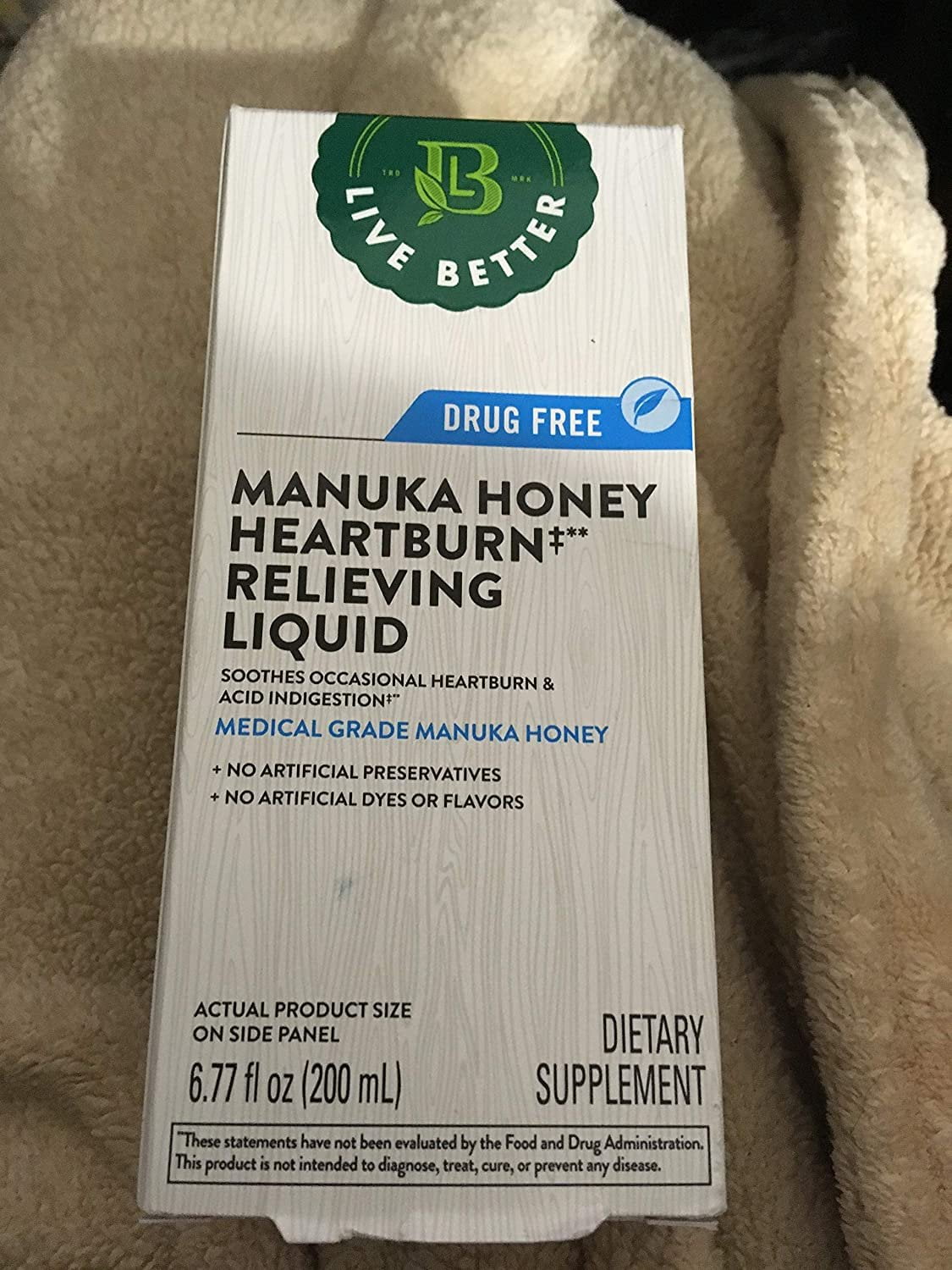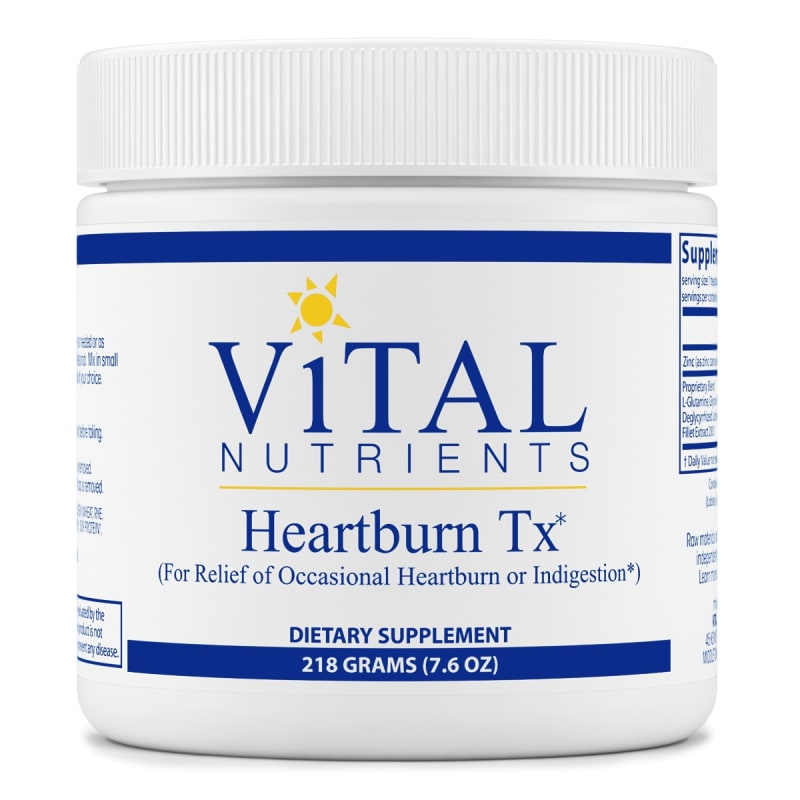Occasional Heartburn
Heartburn is a burning pain in your chest, just behind your breastbone. The pain is often worse after eating, in the evening, or when lying down or bending over. Occasional heartburn is common and no cause for alarm. Most people can manage the discomfort of heartburn on their own with lifestyle changes and over-the-counter medications. Occasional heartburn happens to many people, but if it becomes an everyday occurrence it may indicate an underlying health disorder or unhealthy dietary habits. Occasional heartburn happens to many people, but if it becomes an everyday occurrence it may indicate an underlying health disorder or unhealthy dietary habits.
- Heartburn and GERD
What is heartburn?
Most people describe heartburn as a burning sensation in the center of the chest behind the breast bone. It may radiate upward toward the throat. Heartburn is usually caused by acid reflux in the esophagus.
The lining of the esophagus is much more sensitive to acid than the stomach, which is why the burning sensation is felt. In people with gastroesophageal reflux disease (GERD), persistent heartburn can be painful, can disrupt daily activities, and can awaken a person at night.
/what-is-heartburn-1741960_final-a39425a9d5b14c858256b31258a87e79.png)
- Occasional heartburn can certainly be treated with either an H2 blocker—as your doctor suggests—or an antacid. The other H2 blockers available besides famotidine (Pepcid) and ranitidine (Zantac) are cimetidine (Tagamet) and nizatidine (Axid).
- Types of Heartburn. Episodic or occasional heartburn refers to infrequent flare-ups that are fairly predictable. For example, after that all-you-can-eat buffet, this kind of heartburn is usually treated with antacids. Treatment with antacids alone is purely symptomatic though – they’re justified for minor symptoms.
Is heartburn dangerous?
Heartburn is a symptom. It is very common; it is estimated that over 44% of adult Americans have heartburn at least once a month. Nevertheless, if heartburn occurs on a regular basis, the acid that causes heartburn has the potential to injure the lining of the esophagus. It can cause ulceration, which may cause discomfort or even bleeding.

Stricture (narrowing of the esophagus caused by acid, which leads to scar formation) can also result from chronic and frequent acidic reflux. People with stricture have difficulty swallowing food.
Severity, frequency, or intensity of symptoms cannot distinguish between patients with or without erosive GERD. However, heartburn that occurs
- more frequently than once a week,
- becomes more severe, or
- occurs at night and wakes a person from sleep,
may be a sign of a more serious condition and consultation with a physician is advised.
Atypical symptoms such as hoarseness, wheezing, chronic cough or non-cardiac chest pain may also need to be evaluated by a physician for GERD as a cause. Even occasional heartburn – if it has occurred for a period of five years or more, or is associated with dysphagia – may signal an association with a more serious condition.

Why Do People Get Heartburn
People with longstanding chronic heartburn are at a greater risk for complications including stricture or a potentially pre-cancerous disease that involves a cellular change in the esophagus called Barrett’s esophagus.
When are over-the-counter preparations appropriate to treat heartburn?
Multiple preparations are available without a prescription to treat occasional heartburn. These include:
- antacids, which neutralize acid (e.g., sodium bicarbonate, calcium carbonate, aluminum hydroxide, magnesium hydroxide);
- alginic acids (e.g., Gaviscon, Foamicon), which form a foam barrier to reflux; and
- low-dose H2 blockers (e.g., Pepcid, Tagamet, Zantac, Axid), which reduce acid production – and are available in higher doses by prescription to treat GERD.
These medications are useful to relieve intermittent heartburn, particularly if brought on occasionally by foods or various activities.
Best Antacid For Occasional Heartburn

Antacids and alginic acids give the most rapid relief. The H2 blockers give more sustained relief and are most useful if taken prior to an activity known to bring on heartburn, like eating spicy foods.
Prilosec OTC, Zegerid OTC, and Prevacid 24HR are proton pump inhibitors (PPIs) now available over-the-counter. These are far more powerful than the other medications mentioned above. They are recommended to be taken daily for 14 days. They are not intended to be taken on an as needed basis. If the symptoms are not improved or if they recur after stopping the PPI, one should see a doctor.
Over-the-counter preparations provide only temporary symptom relief. They do not prevent recurrence of symptoms or allow an injured esophagus to heal. They should not be taken regularly as a substitute for prescription medicines – they may be hiding a more serious condition. If needed regularly, for more than two weeks, consult a physician for a diagnosis and appropriate treatment.
Adapted from IFFGD Publication: GERD Questions and Answers. Revised 2010 by Ronnie Fass, MD, Chair, Division of GI and Hepatology, Metro Health Medical Center, Cleveland, OH. Original Contributors: Joel E. Richter, MD, Philip O. Katz, MD, and J. Patrick Waring, M.D. Editor: William F. Norton, International Foundation for Functional Gastrointestinal Disorders, Milwaukee, WI.